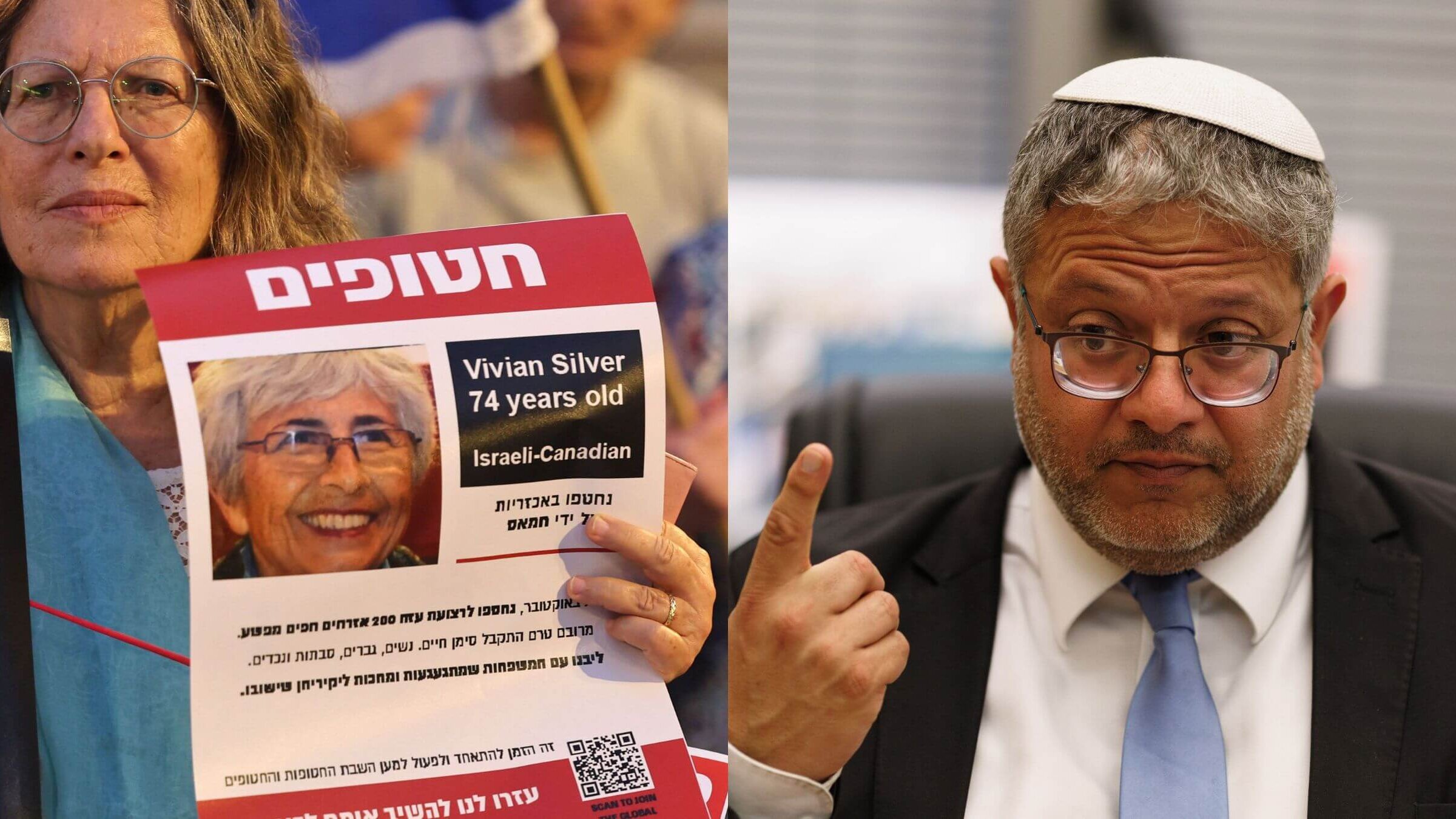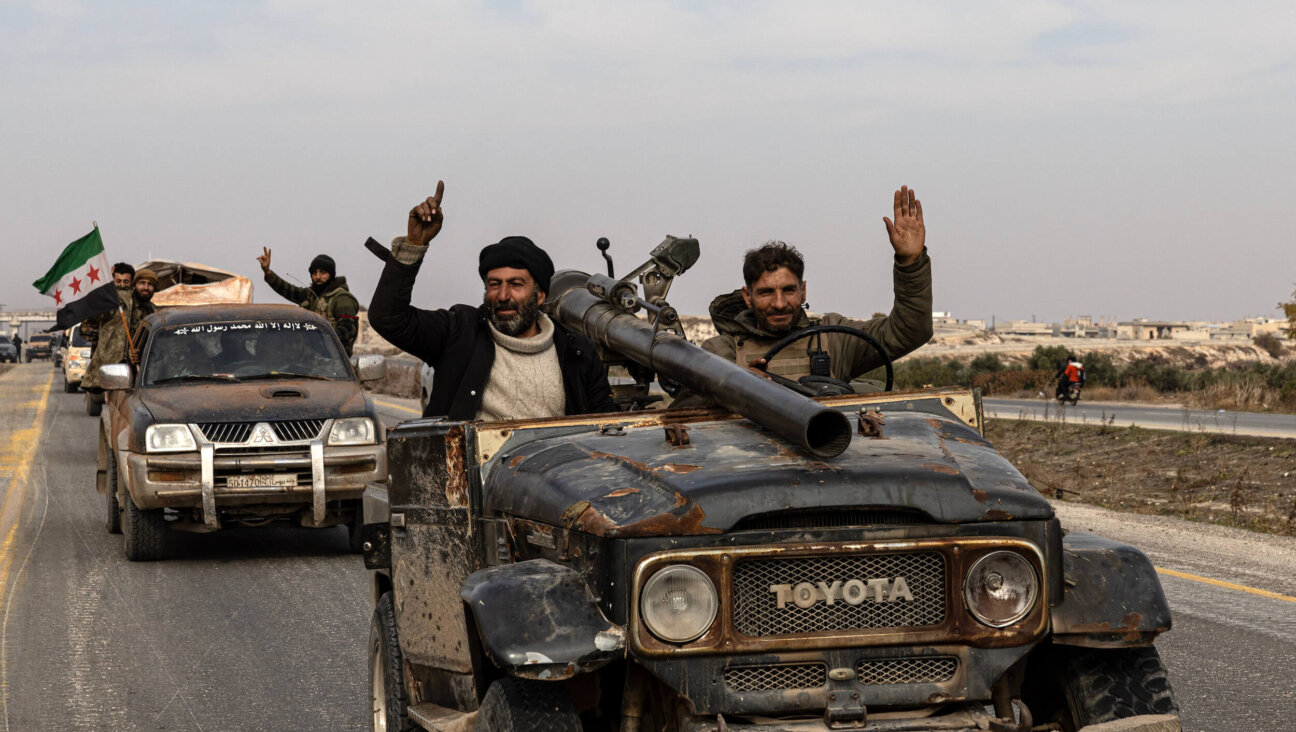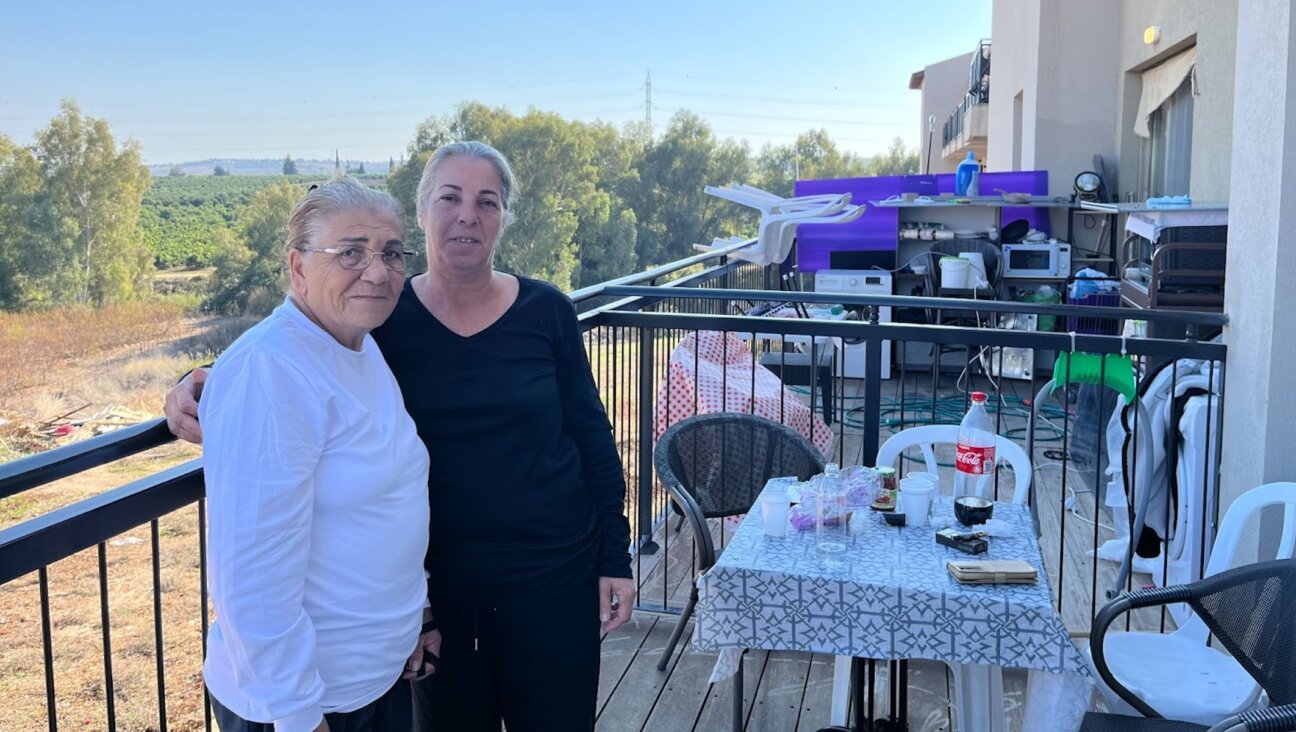A year after Oct. 7, will Israel choose the way of peace, or that of religious nationalism?
The country is locked in a debate about what the Hamas attack meant — and what to do about it

Israel faces a choice between the philosophy of Vivian Silver, a peace activist killed on Oct. 7, and Itamar Ben-Gvir, a far-right minister intent on expanding the Israeli state. Photo by Kobi Wolf/Bloomberg via Getty Images and Ahmad Gharabli/AFP via Getty Images
Across Israel today, there is a great struggle over the meaning of the horrifying Hamas attack of Oct. 7, 2023. There are two powerful narrative visions at work.
One of these is the vision of Israel’s minister for national security, the far-right Jewish supremacist Itamar Ben-Gvir, and his allies. It is a vision of Jewish domination over Palestinians, and eternal religious war, one where both “sides” try to expel the other.
The other is a vision of Palestinians and Israelis forging a shared, secure future, together as equals. This was the vision of Vivian Silver, a revered peace activist who was killed on Oct. 7, along with almost 1,200 other people. It is the vision of a small but growing peace camp in Israel — and it remains the best, and perhaps only, hope for Israel’s future as a democratic state.
Ben-Gvir aspires to the creation of a single, hardline religious Jewish state encompassing Palestinian territory in the Gaza strip and West Bank. He was banned from compulsory IDF service for his extreme racist views; he was convicted of inciting racism and supporting a terrorist organization; and, as a member of the Knesset, he has spearheaded major settler provocations at the Al-Aqsa Mosque compound.
Palestinian national aspirations, a two-state solution, and even a political horizon for peace are anathema to his worldview. For those who agree with him, a primary goal is to prevent a resolution of the Palestinian-Israeli conflict, and ensure that a two-state solution never comes to pass. In 2019, Prime Minister Benjamin Netanyahu famously told Likud Knesset members that “whoever wants to prevent a Palestinian state must support bolstering Hamas.”
Indeed, as Ben-Gvir and his camp see it, virtually any Palestinian presence in Israel, the West Bank or Gaza is a threat to be dealt with — no means too extreme. This logic is part of what has driven nearly a year of decimation in Gaza. Ben-Gvir’s bet is that if Palestinians are forced to live with utter physical destruction, horrific death and carnage, and the obliteration of their dreams, they will leave their land, clearing the way for Israel to seize it.
He employs his own not-so-subtle euphemisms for this strategy: “self-transfer” or “voluntary emigration.” The day after Vivian Silver’s remains were identified, more than a month after the attack, Ben-Gvir wrote on his Facebook page that she was “a woman who helped the residents of Gaza her whole life”; if even she had been brutally murdered by Hamas, he added, then Israel “must use a level of force that has not been seen in years.” In this bleak and brutal vision for the future, the meaning of Oct. 7 is clear: It should be seen as the catalyst for a campaign of domination and despair.
But Silver believed in a different path, as do those who share her vision.
They know that lasting security for Israelis and Palestinians cannot not come from military might alone — because refusing Palestinians basic rights and dignity does not lead to peace or security. It leads to an endless cycle of violence.
As retired Lieutenant Colonel Omer Zanany, director of the Israeli-Palestinian peacemaking program at the Mitvim Institute, has said, deep security — the kind that doesn’t just “hold the enemy at bay” — is one that reduces that enemy’s desire to fight you. For all of us who want to see a better future for Israelis and Palestinians, the first step is to help them see a way out of the mess that they’re in. To offer a political horizon, a map to a better reality. Not just more violence, death and despair.
Advocates of that vision know they face a painful uphill battle. Ben-Gvir offers a particularly extreme version of Jewish Israeli nationalism, but that ideology has already been the operating logic in the West Bank for decades. It is getting worse, not better. After settlers executed a violent pogrom on the West Bank Palestinian town of Huwara in February 2023, leaving one Palestinian dead, more than 100 injured, and the town ablaze, Minister of Finance Bezalel Smotrich, who is also a leader of the settler movement, publicly said that the state of Israel should “wipe out” towns like Huwara.
This year on July 4, responding to Israeli fears about possible Palestinian militants in Tulkarm, a major Palestinian city in the West Bank, he said, “Tulkarem must turn to rubble.” Under Smotrich’s watch, 19 Palestinian villages have “voluntarily emigrated” due to physical violence, property invasion and death threats perpetrated by radical Israeli settlers.
But hope is not lost. Centrist and even right-wing Israelis are waking up to the dangers inherent in Ben-Gvir and Smotrich’s approach.
In a recent interview, Moshe Ya’alon, a former defense minister under Netanyahu, compared Israel’s extremist politicians to Hamas’ top leadership: “They have a common interest,” he said, “a war of Armageddon to unite all countries.” Ya’alon is right. Ben-Gvir, Smotrich and Hamas all want to make life so horrific, so intolerable for the other side that they pick up and leave. More and more Israelis are coming to understand how nightmarish this vision truly is.
In mid-July of this year, Silver’s son, Yonatan, was sent a photo of a banner that appeared to be hanging on a wall somewhere in Gaza. It had a photo of his mother’s face on it, and it read, “Vivian Kitchen and Community Space.”
Yonatan said that the image felt right to him. “I would rather know that my beloved mom Vivian’s name is helping to feed children in Gaza than to see it engraved on a missile that kills them,” he wrote on social media.
Vivian’s loss broke the hearts of all who knew and respected her. One year after her violent death, may her memory, example and vision for a better future help heal us all and serve as the enduring legacy of Oct. 7.
A message from our Publisher & CEO Rachel Fishman Feddersen

I hope you appreciated this article. Before you go, I’d like to ask you to please support the Forward’s award-winning, nonprofit journalism during this critical time.
We’ve set a goal to raise $260,000 by December 31. That’s an ambitious goal, but one that will give us the resources we need to invest in the high quality news, opinion, analysis and cultural coverage that isn’t available anywhere else.
If you feel inspired to make an impact, now is the time to give something back. Join us as a member at your most generous level.
— Rachel Fishman Feddersen, Publisher and CEO






















